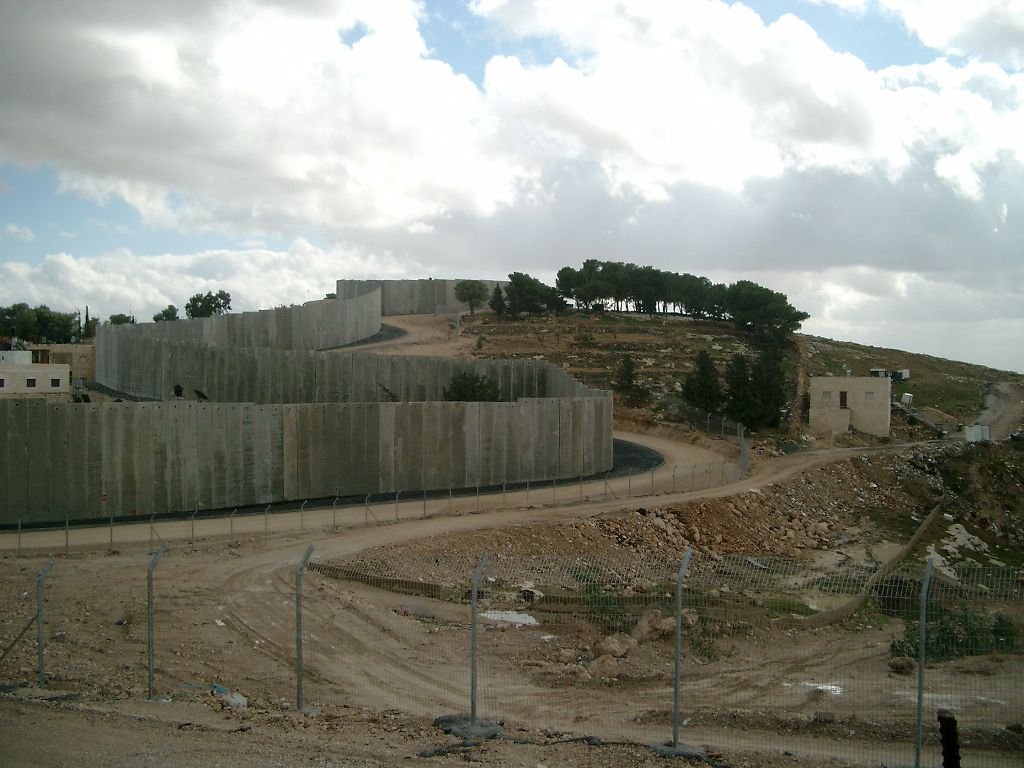Israel’s PM Benjamin Netanyahu has described the UN call to end settlement activity on occupied land as “shameful”.
The prime minister stressed that Israel would not abide by December 23vote at the 15-member UN Security Council.
However, Palestinian President Mahmoud Abbas’ spokesman said the resolution was a “big blow to Israeli policy”.
The resolution was passed after the US refused to veto it, breaking with long-standing American practice.
Washington has traditionally sheltered Israel from condemnatory resolutions.
The Egyptian-drafted resolution had been withdrawn after Israel asked President-elect Donald Trump to intervene, but it was proposed again by Malaysia, New Zealand, Senegal and Venezuela.
The UN resolutin, approved by 14 votes to zero, with only the US abstaining, demands that Israel immediately “cease all settlement activities in the occupied Palestinian territory, including East Jerusalem”.

It says Jewish settlements are a “flagrant violation under international law and a major obstacle to the achievement of the two-State solution and a just, lasting and comprehensive peace”.
The issue is one of the most contentious between Israel and the Palestinians.
About 500,000 Jews live in about 140 settlements built since Israel’s 1967 occupation of the West Bank and East Jerusalem. The settlements are considered illegal under international law, though Israel disputes this.
Benjamin Netanyahu said: “Israel rejects this shameful anti-Israel resolution at the UN and will not abide by its terms.
“At a time when the Security Council does nothing to stop the slaughter of half-a-million people in Syria, it disgracefully gangs up on the one true democracy in the Middle East, Israel, and calls the Western Wall <<occupied territory>>.”
He said the Obama administration “not only failed to protect Israel against this gang-up at the UN, it colluded with it behind the scenes”, and added that he looked forward to working with Donald Trump.
Israel also announced its ambassadors to New Zealand and Senegal had been ordered to return for consultations and that it was cutting all aid programs to Senegal.
It has no diplomatic ties with Malaysia and Venezuela.
A spokesman for Mahmoud Abbas said: “The Security Council resolution is a big blow to Israeli policy, a unanimous international condemnation of settlements and a strong support for the two-state solution.”
Riyad Mansour, the Palestinian ambassador to the UN, said: “The Council’s action, while long overdue, is timely, necessary and important.”
Samantha Power, the US envoy to the UN, said the resolution reflected the “facts on the ground” that settlement growth had been accelerating.
Criticizing Benjamin Netanyahu, she said: “One cannot simultaneously champion expanding settlements and champion a two-state solution that would end the conflict.”
However, Samantha Power said the US had not voted in favor of the resolution because it was “too narrowly focused” on settlements.
She added that even if all settlements were dismantled, both sides would still have to acknowledge “uncomfortable truths” and make “difficult choices” to reach peace.
Meanwhile, President-elect Donald Trump tweeted after the vote: “As to the UN, things will be different after Jan. 20th.”
On December 22, Donald Trump had urged the council to reject the motion, saying: “Peace between the Israelis and the Palestinians will only come through direct negotiations between the parties, and not through the imposition of terms by the United Nations.”
